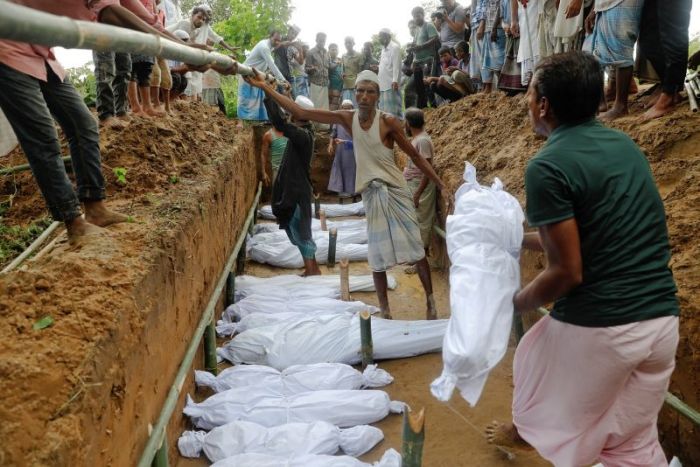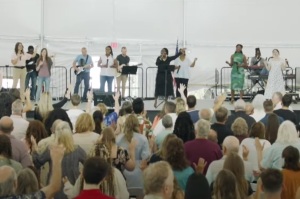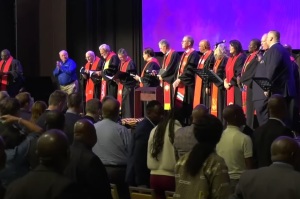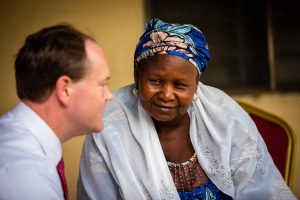Mass Graves of Rohingya Refugees Discovered in Myanmar Reveal Shocking Horror of Faces Burned by Acid

Mass graves where Rohingya Muslims refugees have been buried in Myanmar reveal the shocking extent of the genocide that has been taking place, an investigative report has found.
"The faces of the men half-buried in the mass graves had been burned away by acid or blasted by bullets," began an Associated Press report documenting the graves on Thursday.
The Associated Press said it carried out multiple interviews with more than two dozen survivors at a Bangladesh refugee camp, revealing at least five mass graves containing Rohingya victims previously unreported.
"It was a mixed-up jumble of corpses piled on top of each other," a firewood collector named Kadir said. "I felt such sorrow for them."
The revelations dispute the Myanmar government's claims that a genocide is not taking place.
Reports of Rohingya fleeing for their lives in Myanmar began in August, with as many as 620,000 people attempting to escape torture and rape in the first three months of the escalation of the crisis.
The U.N. has said that reports of men, women and children being killed and burned appear to be ethnic cleansing.
Several survivors described the horrors they've been through in The Associated Press report, with some providing further details on the mass graves.
"There were so many bodies in so many different places," said Mohammad Lalmia, a 20-year-old farmer. "They couldn't hide all the death."
A 45-year-old mother said that when her husband went missing as a result of being hunted down by Myanmar soldiers, she searched for him in the graves at Gu Dar Pyin's northern entrance, despite the risks to her safety.
"There were dead bodies everywhere, bones and body parts, all decomposing, so I couldn't tell which one was my husband," Rohima Khatu recalled. "I was weeping while I was there. I was crying loudly, 'Where did you go? Where did you go?'"
Samaritan's Purse has been one of the Christian organizations assisting the Rohingya in camps in Bangladesh, providing supplies and vital medical help at a long-term Christian hospital in Malumghat.
Ken Isaacs, vice president of programs and government relations at Samaritan's Purse, told The Christian Post in November that the Muslim refugees are "grateful" to receive help from the Christian humanitarian organization.
"I think that there is always an openness for the Gospel. I think that in closed populations, you need to be respectful, and you don't want to be alienating. But people respond to love and they feel love, and if that love is a genuine love, a Christ-driven love, they will see it, and they will have questions. These things open doors that no man can shut," Isaacs added about sharing the Gospel with refugees.
Samaritan's Purse President Franklin Graham meanwhile visited Rohingya refugees at the Kutupalong camp in southern Bangladesh on Wednesday, seeking to share with them the hope of Jesus Christ.
"He sees your suffering. We pray that He will intervene for you. I come from America. I'm a Christian. But we care for you. We love you. We want to be able to tell the world what is happening here," Graham told the suffering people.
The humanitarian group said that hundreds of thousands of refugees are living in "appalling conditions," but have little choice but to stay at the camps, fearful they will be killed if they return to Myanmar.





























